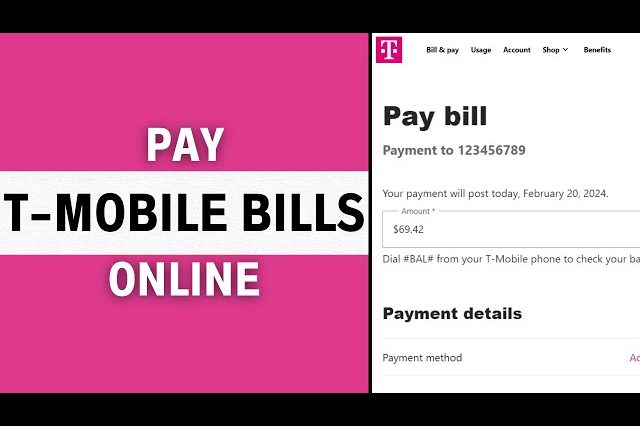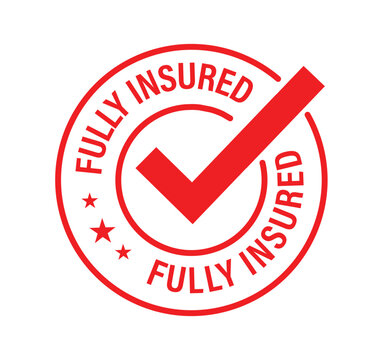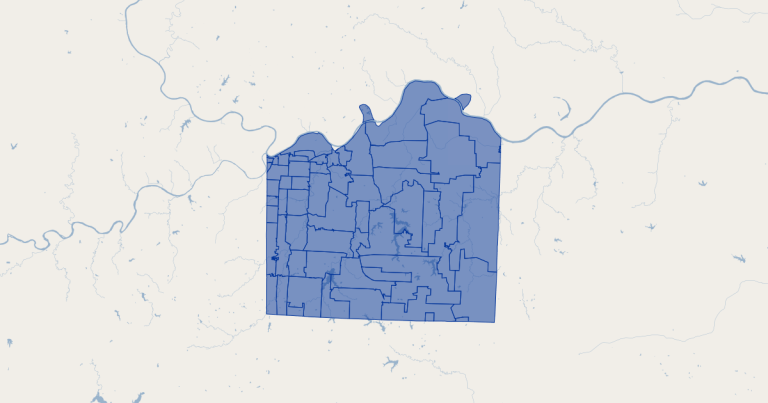Contents
Introduction
In today’s digital age, businesses of all sizes rely heavily on robust and reliable communication networks to thrive. Verizon, a leading telecommunications provider, offers both personal and business plans, each with its own set of features and pricing structures. A common question that arises for entrepreneurs and small business owners is: is Verizon business cheaper than personal?
This article delves deep into the intricacies of Verizon’s business and personal plans, comparing factors such as pricing, data allowances, features, customer support, and potential hidden costs. By the end of this comprehensive analysis, you will have a clear understanding of which plan best suits your specific needs.
Understanding the Basics
Before diving into the cost comparison, it’s essential to grasp the fundamental differences between Verizon business and personal plans.
Verizon Business Plans

Designed specifically for businesses, these plans cater to the unique needs of enterprises. They typically offer a range of features tailored to business operations, such as:
- Dedicated customer support: Priority access to technical assistance.
- Enhanced security measures: Protection against cyber threats.
- Flexible plan options: Customizable packages to suit business size and requirements.
- Additional features: Tools for productivity and collaboration.
Verizon Personal Plans
Primarily targeted at individual consumers, these plans focus on providing reliable service for personal use. They generally include features like:
- Shared data plans: Suitable for families or individuals with multiple devices.
- Data rollover: Carry unused data to the next billing cycle.
- Device financing options: Purchase the latest smartphones through installment plans.
The Cost Factor: Is Verizon Business Cheaper Than Personal?
The short answer is: it depends. While it might seem counterintuitive, in some cases, Verizon business plans can be more cost-effective than personal plans. Here’s a breakdown of factors influencing the cost:
Number of Lines
- Small businesses with multiple lines: Business plans often offer discounts for multiple lines, making them more economical than individual personal plans.
- Single-line businesses: Personal plans might be more cost-effective in this scenario.
Data Usage
- High data consumption: Business plans typically provide larger data allowances, which can be beneficial for businesses with employees who rely heavily on mobile data.
- Moderate data usage: Personal plans might suffice for businesses with low to moderate data requirements.
Additional Features
- Business-specific features: If your business requires features like enhanced security, dedicated customer support, or mobile hotspot capabilities, business plans might justify the higher cost.
- Basic connectivity: If your business only needs basic internet and phone services, personal plans could be sufficient.
In-Depth Comparison: Key Factors to Consider
To make an informed decision, it’s crucial to compare Verizon business and personal plans based on the following key factors:
Pricing Structure
- Per-line pricing: Analyze the cost per line for both business and personal plans.
- Additional fees: Consider hidden fees, such as activation charges, equipment fees, and overage charges.
- Discounts and promotions: Check for available discounts or promotional offers.
Data Allowances
- Data limits: Compare the data allotments for each plan.
- Overage charges: Understand the penalties for exceeding data limits.
- Data sharing: Evaluate options for sharing data among multiple lines.
Features and Benefits
- Business-specific features: Assess the value of features like enhanced security, priority customer support, and mobile hotspot capabilities.
- Personal plan perks: Consider features like data rollover, device financing, and streaming services.
Customer Support
- Response times: Compare the speed and efficiency of customer support for both plans.
- Availability: Evaluate the availability of support channels (phone, email, chat).
Contract Terms
- Contract length: Analyze the contract terms and early termination fees for each plan.
- Flexibility: Consider the ease of upgrading or downgrading your plan.
Real-World Examples and Case Studies
To illustrate the cost differences between Verizon business and personal plans, let’s examine some hypothetical scenarios:
Scenario 1: Small Retail Business
- Number of lines: 3
- Data usage: Moderate
- Required features: Enhanced security, dedicated customer support, mobile hotspot
In this case, a Verizon business plan might be the most cost-effective option due to the multiple lines, data requirements, and essential business features.
Scenario 2: Freelance Consultant
- Number of lines: 1
- Data usage: Low
- Required features: Basic internet and phone service
For a freelance consultant with minimal data needs and no specific business requirements, a personal plan could be more suitable and affordable.
Tips for Choosing the Right Plan
- Assess your business needs: Determine your specific data requirements, number of lines, and essential features.
- Compare plans side by side: Use Verizon’s website or contact customer support to obtain detailed plan information.
- Consider long-term costs: Factor in potential equipment costs, overage charges, and contract terms.
- Explore alternatives: Research other carriers to find competitive options.
Conclusion
Deciding whether Verizon business or personal is cheaper ultimately depends on your business’s unique circumstances. By carefully evaluating factors such as the number of lines, data usage, required features, and pricing structure, you can make an informed decision that maximizes your savings and optimizes your business operations.
Remember: While cost is an important consideration, it’s equally crucial to select a plan that provides the necessary tools and support for your business to succeed.







